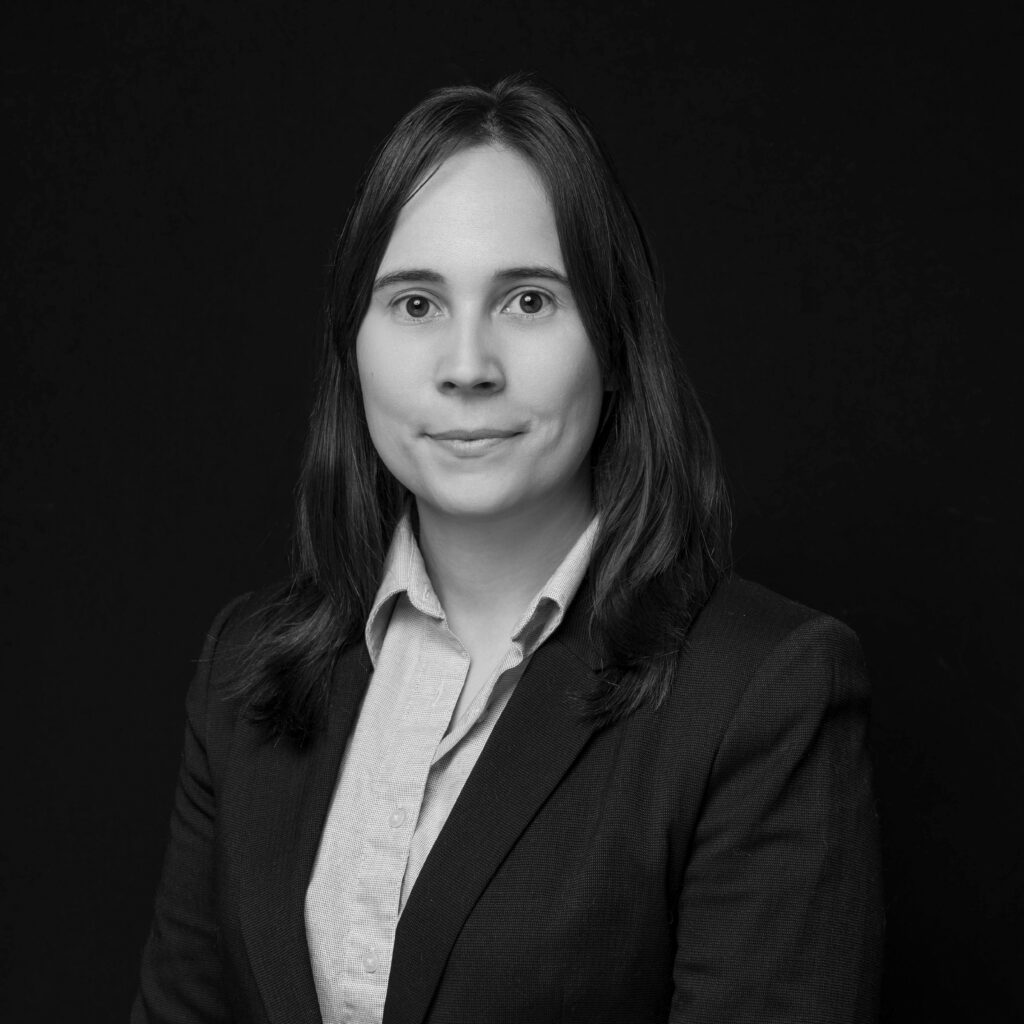Civil Litigation Lawyer Tips: The Discovery Process in Superior Court
The Discovery Process in Superior Court: What you Should Understand
Read time: 4 minutes
Discoveries are a part of the Ontario Superior Court process, as established by the Rules of Civil Procedure (the “Rules”) and assist with understanding the other parties’ positions and evidence. Discoveries are a key step after pleadings have been delivered and before the trial can take place.
Documentary vs Oral Discoveries
There are two stages of the discovery process. First, all documentary evidence is exchanged between the parties. After this, all parties and potential witnesses are examined orally. These steps allow for parties to gain a greater understanding of the other parties’ cases and to better assess their own case.
- Documentary Discoveries
Each party must disclose all documents that are relevant to any matter in issue that is or has been in their possession, power or control. “Relevancy” is determined by the issues raised in the pleadings. “Document” is defined in the Rules and includes the following: sound recording, videotape, film, photograph, chart, map, graph, plan, survey, book of account, and data and information in electronic form. All relevant documents must be disclosed, even if they are damaging to your case. This ensures that all parties know what documents are in existence for potential use at trial.
These relevant documents are disclosed in a sworn document called an Affidavit of Documents (“AOD”). Documents that are protected by privilege must be identified in the AOD. Parties can request to inspect any documents that are not privileged and can challenge documents where they believe privilege has been asserted incorrectly. All relevant documents must be produced at examinations for discovery and at trial.
Documentary disclosure is an ongoing obligation. If relevant documents are identified later on in the process they must be disclosed to the other parties.
- Oral Discoveries
After documentary disclosure has been exchanged, oral discoveries take place in the form of examinations for discovery. Lawyers for each party question other parties or potential witnesses for other parties under oath. A broad range of questions can be asked during these examinations to better understand the other parties’ cases and positions on issues in dispute. The goal for each lawyer is to obtain admissions from other parties that they can use at trial and to identify any inconsistencies in their evidence. Answers obtained during examinations can be used as evidence at trial.
The process is documented by a reporter and a transcript is often produced. Parties may request additional documentation, evidence or information by requesting an undertaking. An undertaking is a formal promise to provide the requested information at a later date. This may be done if the party feels that evidence may have been left out or overlooked during documentary discoveries, or if the party being examined cannot remember certain information during their examination.
Tips, Tricks and Strategy
- It is more efficient to take the time to search files and records thoroughly for relevant documents when first making documentary disclosure. Oversight or failure to produce relevant documents may result in delays and increased costs as proceedings move towards trial.
- Parties or witnesses to be examined orally should prepare in advance by reviewing their notes, pleadings and discovery documents to refresh their memory.
- It is important to only answer the questions asked during an examination and to not volunteer too much additional information. This requires attentive listening and careful responses. It is okay to take a minute to think about your response before answering.
- If you are unclear of a question asked during an examination, ask the lawyer to repeat or clarify the question.
Importance
Discoveries are a necessary and crucial step in evaluating the strengths and weaknesses of your case before proceeding to trial. This process can also assist with promoting settlement discussions and can narrow the issues in dispute, saving both time and money in the long run. Lawsuits often reach a settlement after discoveries have taken place.
The discovery process reveals evidence that the other parties will rely on at trial, restores balance in the information between the parties, and reflects the importance of discovering the truth at trial.
Please contact Michael Paiva for more information about the discovery process, or if you require assistance with a civil dispute.


